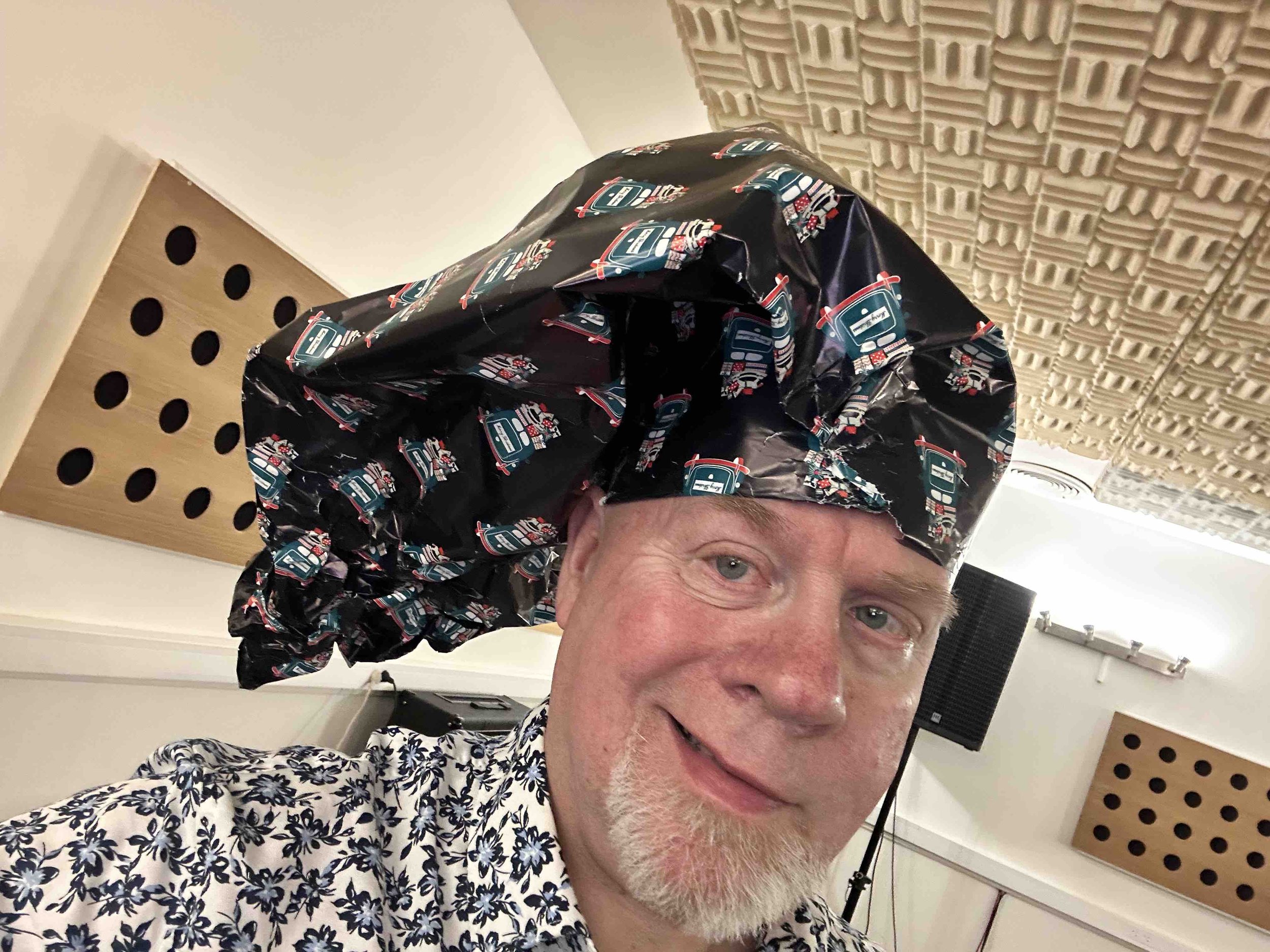Agency is a wonderful and strange thing. I mean the capacity to choose, to decide, and to act, on your own behalf or for the benefit of someone else; the feeling that you have some degree of control over your life, your work, your circumstances, your reactions; the feeling that you can think for yourself and speak your mind. It’s a big deal, and it’s something that we all need to pursue, and also help others to pursue it for themselves. To be given agency, oh what a precious gift! To take the plunge or not to take the plunge? You choose.
Some choices are banal: today I’m wearing this shirt, not that other one. (But let it be said that what’s banal for me isn’t necessary banal for someone else; there are people for whom choosing the daily shirt is a terror.) I’m having coffee now, and I’ll have tea later. I’m not going to the movies tonight. In any given week I’ll say yes or no to a thousand things, and this is a manifestation of my agency.
Other choices are less banal. (But let it be said . . . you know, people are different from one another.) A job opening; do I apply for it? The consequences of applying or not applying are bigger than the consequences of wearing a red shirt rather than a blue one; the consequences of being accepted or rejected by the new employer are bigger than coffee and tea. I might dither for days, weeks, months, years, or decades regarding some of my more important choices. Agency, as so much else in life, isn’t always straightforward. If you “accept to dither,” the very acceptance is proof that you have agency.
Warning! It’ll look as if I’m suddenly changing the subject!
The other day I went to see a retrospective of Mark Rothko’s work at the Fondation Louis Vuitton here in Paris. There were about 120 paintings, covering the entirety of his long and fruitful career. It doesn’t matter if you aren’t familiar with his work, or if you are indifferent to it, or if you love it or hate it. The main thing here is my theory or hypothesis that Rothko, while expressing his agency moment by moment and day by day, was also grabbed by powerful, invisible forces that “made him do things,” that forced him to change and grow, that imposed a sort of forward motion to his life, that “didn’t give him a choice.”
Simplifying it, he started his creative path by painting figurative scenes, people at the subway in New York City, landscapes. Then came war and strife, and the artist in Rothko felt that it was urgent and necessary to present, in his art, something more urgent and more healing than the subway scenes. Rothko was drawn to Surrealism and its involvement with symbols, and figuration became transformed into a sort of more or less mythical storytelling. But over the years the details of the attempted mythical storytelling lost importance, and Rothko felt (or “was made to feel”) that he and his paintings must, must pass through a sort of portal and enter another realm: the territory of the eternal and universal, of the mysterious, of the overwhelming, of the pure and strong and inexplicable. Squares and rectangles of color, subtly interacting one with the other in vast canvasses “without people,” without subway stations, without symbols, without detailed storytelling, but allowing you to tell the most incredible stories to your own deepest self. As I said, it doesn’t matter if you don’t know Rothko or don’t like him; I’m just saying that Rothko was absolutely compelled to pass through the portal.
This is the paradox of agency: I have choice and I have no choice; I think I want to pursue plan A, but plan B has stopped me on my tracks and took over my life; I don’t understand where this impulse comes from, but I have to obey it.
These days the cliché says that you must “find your passion” and make it the defining trait of your life and your work, and you also must keeping saying out loud, very loud, and to everyone, what you’re passionate about. I think a bit differently. You don’t find the passion; the passion will find you, and you’ll submit to it willingly or unwillingly. You’ll have to let go of your misapprehensions and misunderstandings regarding who you are and what you have to do. You’ll have to abandon and to give up many things, some of which are very dear to you. It’s a loss; and yet, surrendering is the ultimate victory.
©2023, Pedro de Alcantara





